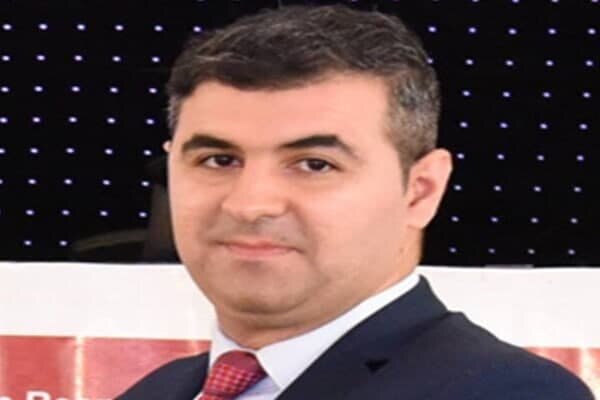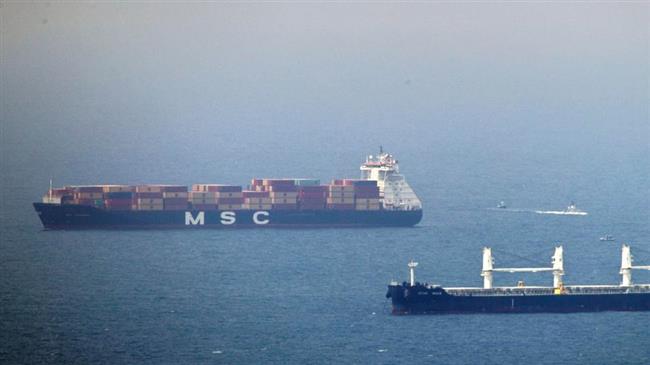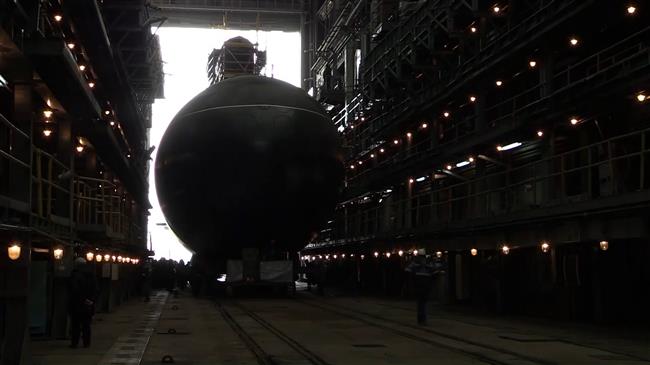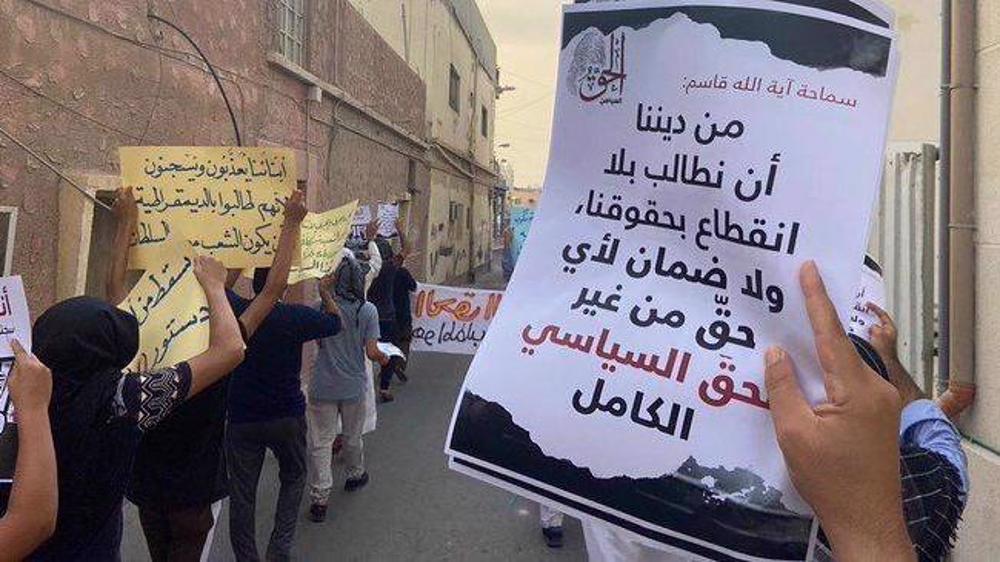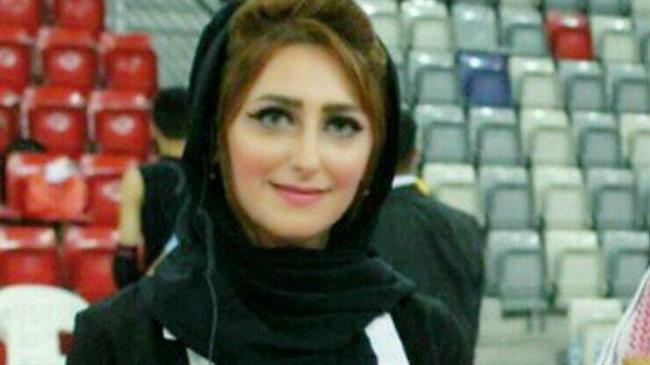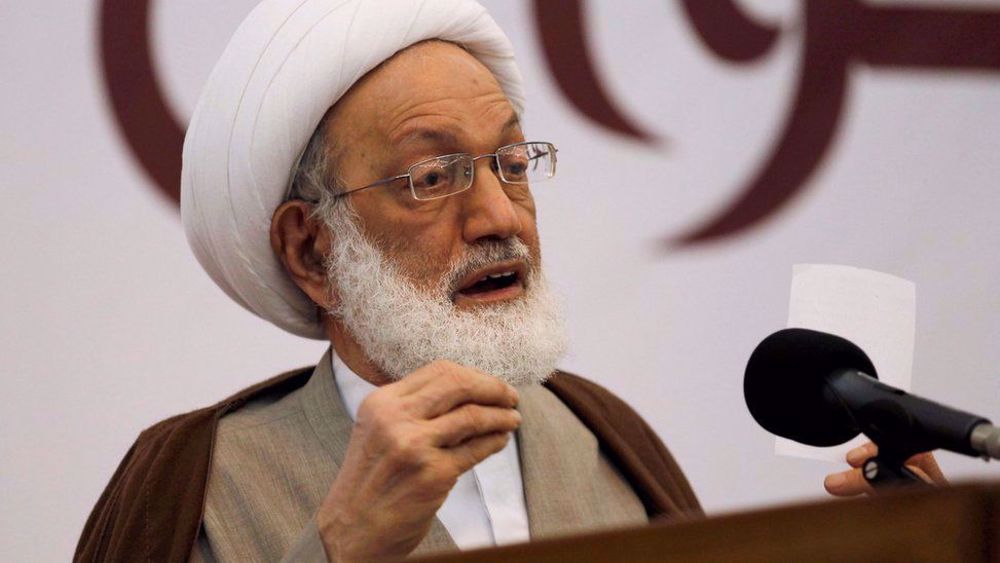By Payman Yazdani
TEHRAN – As Azerbaijan moves forward with reconstruction projects in the Nagorno-Karabakh region, new spheres of cooperation between Iran and Azerbaijan have emerged, an Azerbaijani expert tells the Tehran Times.
Decades-long disagreements between Azerbaijan and Armenia over the disputed region of Nagorno-Karabakh came to an end in November last year, when the two warring sides agreed to a Russian brokered ceasefire deal that put an end to a 44-day devastating war between Baku and Yerevan.
The war wreaked further havoc on a region already suffering from destruction and rubble. But the Russian-brokered ceasefire paved the way for Azerbaijan to reconstruct the region and prepare it for the return of the displaced people who fled the region as a result of the war in the 1990s.
Many foreign firms are involved in the Nagorno-Karabakh reconstruction, with Iran being a geographically well-positioned party to play a role in that regard.
The Azerbaijani expert, Seymur Mammadov, who is the director of the international expert club EurAsiaAz and editor-in-chief of Azerbaijani news agency Baku Tribune, explained to the Tehran Times how Iran can play a role in the reconstruction.
“Iran and Azerbaijan have great potential for expanding cooperation in many areas. In the post-war period, there is a possibility of increasing bilateral trade turnover several times. At the moment, there are new conditions for expanding bilateral cooperation in the field of rehabilitation of the recently liberated areas,” Mammadov told the Tehran Times.
“For example, Iranian companies producing industrial and building materials could participate in construction projects in the liberated areas. As far as I know, Iran intends to create a market for building materials near the liberated territories of Azerbaijan,” he continued.
Following is the full text of the interview:
Q: In what stage is the process of reconstruction of the liberated cities of Nagorno-Karabakh? What are the plans of the Azerbaijani government in this regard? Is there a specific deadline for reconstruction projects?
A: The process of restoration of the liberated regions of Azerbaijan is being actively pursued and taking into account the historical traditions of the region. Azerbaijan has developed comprehensive programs to restore the liberated territories of the country, taking into account the most modern trends in the field of urbanization. On the lands liberated from the 30-year-old Armenian occupation in the Karabakh region new settlements will be built and large infrastructure projects will be implemented. Most of the settlements in the liberated regions of the country, including the cities of Aghdam, Fizuli, Jebrail and Zangilan, were virtually wiped out and turned into “ghost towns”.
In the liberated territories of Azerbaijan, it is planned not only to restore and reconstruct [the] destroyed and abandoned settlements, but also to implement modern concepts for their arrangement, including such as Smart City and Smart Village. The foundation of one of the first “smart villages” was laid in the Zangilan region. The first smart village in the area will be ready by January 2022. Internally displaced persons will be provided with new housing completely free of charge. The creation of “smart” villages in the liberated territories consists of five components: "smart housing", social security facilities, agricultural functions, production and ecology. Solar energy, wind energy and hydroelectric power plants will be used to support the new settlements. According to the state program until 2030, "green" alternative energy should become the main priority of the country. What is the concept of "Smart Village" for? One of the main goals of creating such villages in the world is to prevent urbanization. The second important point is that the “Smart Village” concept allows people to earn more than in the city.
As for the specific deadlines for the implementation of projects, it all depends on how quickly the process of demining the liberated territories will proceed. In order to resolve this issue, Yerevan should transfer all minefield maps to Baku. The Armenian side has handed over to Azerbaijan all the maps of minefields in the Aghdam, Fizuli and Zangilan regions. Of course, the availability of these maps will facilitate and speed up the work of the repair and construction companies involved in the restoration of the liberated areas. However, as the President of Azerbaijan Ilham Aliyev said, by the end of 2021, the entire electric economy will be established in the liberated lands - both in Karabakh and in “Eastern Zangezur.”
Q: Is Iran involved in the Karabakh reconstruction projects? If so, in what areas is it involved? What plans does the Republic of Azerbaijan have for reconstruction in the liberated areas bordering Iran? Does the Republic of Azerbaijan have joint projects with Iran?
A: As you know, the Azerbaijan-Iran border was completely restored after the Second Karabakh war. And in 2016, an Iranian-Azerbaijani agreement was signed on hydropower facilities and reservoirs Khudaferin and Giz Galasy.
After the end of the war, President Ilham Aliyev instructed the government to create a working group from the Azerbaijani side. And today the construction of the Khudaferin and Gyz Galasy reservoirs on the Araz River is already being completed in Azerbaijan. In accordance with the agreement signed with Iran, Baku and Tehran will jointly use these reservoirs.
Today Iran and Azerbaijan have great potential for expanding cooperation in many areas. In the post-war period, there is a possibility of increasing bilateral trade turnover several times. At the moment, there are new conditions for expanding bilateral cooperation in the field of rehabilitation of the recently liberated areas.
For example, Iranian companies producing industrial and building materials could participate in construction projects in liberated areas. As far as I know, Iran intends to create a market for building materials near the liberated territories of Azerbaijan. It is also expected that in the near future a Khudaferin border-customs point will open on the state border of Iran with Azerbaijan.
In addition, I would like to add that after the Second Karabakh War, cases of illegal drug trafficking from Iran to Azerbaijan have become more frequent. Border guards are killed during the shootings from the Azerbaijani side. This factor causes concern in Azerbaijani society. It seems to me that Baku and Tehran should create a joint working group of law enforcement agencies to prevent such incidents on the Iranian-Azerbaijani border.
Q: Israel is said to be involved in the Karabakh reconstruction and even intends to build a smart town in the Nagorno-Karabakh region. What Israeli companies are present in the Nagorno-Karabakh region and what projects are they involved in?
A: It's no secret that Azerbaijan and Israel cooperate in many areas, including cooperation in the military sphere. Modern Israeli weapons purchased by Azerbaijan, especially drones, played an important role in the Karabakh conflict. Therefore, it is not surprising that today Israeli companies are interested in cooperating with Azerbaijan in the liberated territories. Azerbaijan, in turn, is interested in attracting foreign investments to restore the liberated territories. Of course, official Baku will give preference, first of all, to those countries that supported Azerbaijan in the Second Karabakh War. An Israeli company intends to create a buffalo farm in the liberated Zangilan. This project will be managed by an Azerbaijani company. The essence of this project is that an Azerbaijani company is building housing and all the infrastructure in the area, and an Israeli company is building a dairy farm for breeding buffaloes. The products will be transferred to an Italian company, which will open a processing plant to use this milk to produce cheese that will be sold on the local and foreign markets.
Q: Is the speed of accomplishing transportation projects in Karabakh has something to do with the corridor connecting the region to the Nakhchivan exclave? Does the Azerbaijani government have a plan to build trade links between Nagorno-Karabakh and the Nakhchivan region?
A: Today, Azerbaijan is interested in the early implementation of transport projects in the liberated territories. Most of the road and rail projects are implemented here. An international airport in Fizuli is also under construction. All these projects in the future will be integrated into the transport project "Zanguzur corridor", which will connect Azerbaijan with the Nakhchivan Autonomous Republic through the territory of Armenia.
On November 9, 2020, the heads of Azerbaijan, Armenia and Russia signed a tripartite ceasefire statement. According to the 9th paragraph of the statement, "The Republic of Armenia guarantees the safety of transport links between the western regions of the Republic of Azerbaijan and the Nakhichevan Autonomous Republic in order to organize the unimpeded movement of citizens, vehicles and goods in both directions."
By agreement of Azerbaijan and Armenia, as noted in the statement, the construction of new transport communications linking the Nakhichevan Autonomous Republic with the western regions of Azerbaijan will be provided. Unblocking of transport communications will allow Azerbaijan for the first time in 30 years to establish communication with the Nakhichevan Autonomous Republic, and Armenia through the territory of Azerbaijan will receive railway access to Russia and Iran, and potentially to Turkey. This will create additional opportunities for the development of Armenia. In addition, there will be access to the Turkish market and to the Turkish and Russian railway arteries. Thus, a new five-sided cooperation platform with the participation of Russia, Azerbaijan, Turkey, Iran and Armenia can be created in the South Caucasus region.
Several road projects have already been launched in the territories liberated from the occupation and are being successfully continued. These projects will play an important role in the socio-economic development of the regions and villages liberated from the occupation. The Horadiz-Jebrail-Zangilan-Agbend road is also of strategic importance, since it is part of the Hajigabul-Horadiz-Agbend-Zangezur transport corridor and is very important in terms of connecting Zangilan with other regions of Azerbaijan and the Nakhchivan Autonomous Republic.
In addition, Azerbaijan plans to complete the construction of a railway to the border with Armenia within two, maximum 2.5 years. Budget funds have already been allocated for this and work is underway.
TAGS

